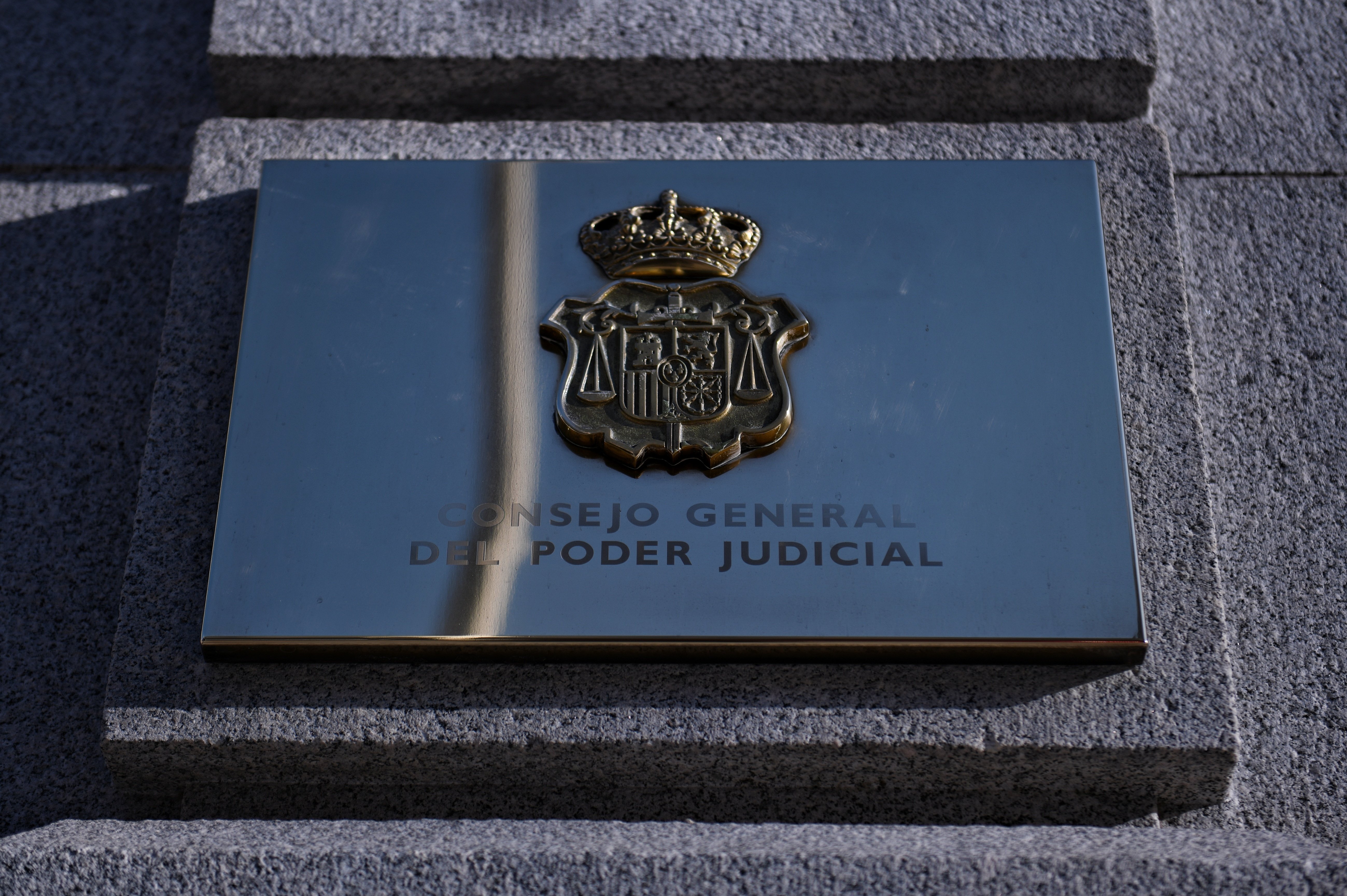The European Court of Human Rights (ECHR) has criticized Spain's Constitutional Court for rejecting an appeal by six Spanish judges who denounced the paralysis in the renewal of the country's highest judicial body. All six of the justices presented their candidacy in 2018 to be part of the organ, the General Council of the Judiciary (CGPJ). According to the ECHR, there was a "lack of reasoning" for the Spanish court's decision despite the "obvious importance, apparently unprecedented nature and legal peculiarity of the aspects" raised by the complainants. Precisely for this reason, Strasbourg concludes that the right of these judges to a fair trial was violated.
Despite the blow this sentence represents, the ECHR has refrained from making any assessment over the controversial blockage in the renewal of the Spanish judicial authority. It simply emphasizes the existence of the violation of the rights of these six judges and points out that it is a case "closely linked to guaranteeing respect for the legal procedure for renewing the composition of the governing body of the judiciary and the proper functioning of the justice system".
The complaint laid by the six judges
Judges Juan Luis Lorenzo Bragado, Manuel María Jaén Vallejo, Mónica Garcia de Yzaguirre, Rafael Estévez Benito, Maria Tardon Olmos and José Antonio Baena Sierra submitted their candidacy in 2018 to be part of the CGPJ, but the Spanish Congress had not yet convened a session to choose new members due to the lack of agreement between the political parties. In December 2018, the mandate of the members of the CGPJ expired and from that point on they have continued in "acting" status.
Faced with this blockade which continued without solution, they decided to submit an appeal to Spain's Constitutional Court, which rejected it in 2021 because it was filed outside time limits. Then, the judges took the case to Strasbourg to denounce "the inability to be appointed to the CGPJ, as well as the alleged violation of the right to a fair trial" because they consider that the decision of the Constitutional Court was "arbitrary and insufficiently justified".
"Third major crisis" of Spanish democracy
The long-running conflict in the governance of the Spanish judiciary, which over the last few years has paralysed new appointments and polarised the judges, has been described as Spain's third major institutional crisis of the post-Franco era, along with the 1981 coup attempt and the 2017 Catalan independence referendum. French newspaper Libération gave this view last December when the Pedro Sánchez executive confronted the judicial power by attempting legislative changes that would change judicial appointment processes. However, the changes, included as part of the government's Penal Code reform package were blocked by the Constitutional Court itself, bringing the country to the edge of a constitutional crisis that was only averted by short-term compromises on both sides - the legislature withdrew the controversial judicial reform from the bill, while the judges agreed on a deal that enabled the overdue renewal of the Constitutional Court to take place. But no solution was found for the more profound renewal of the CGPJ.

